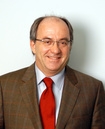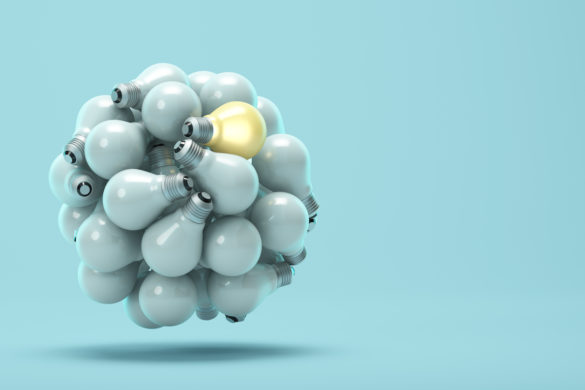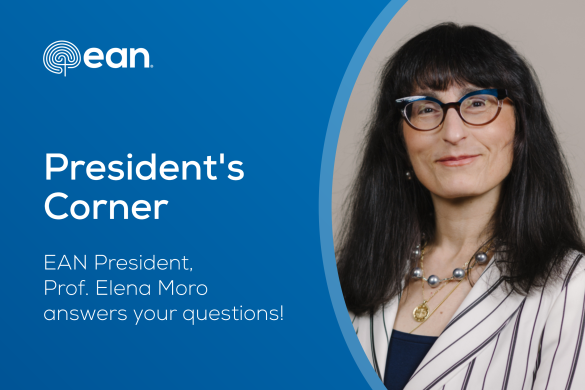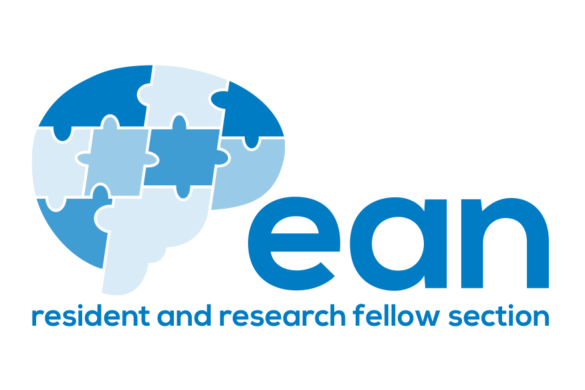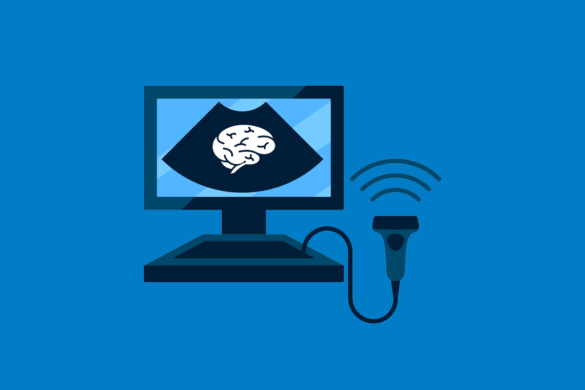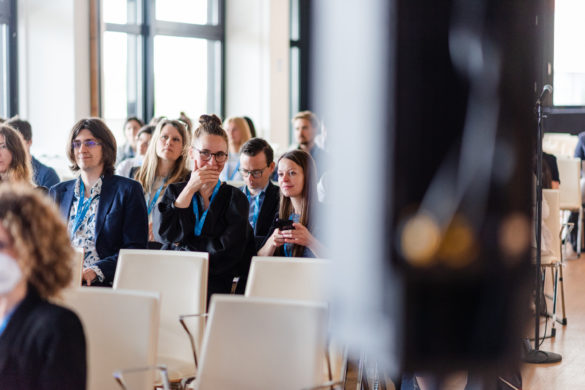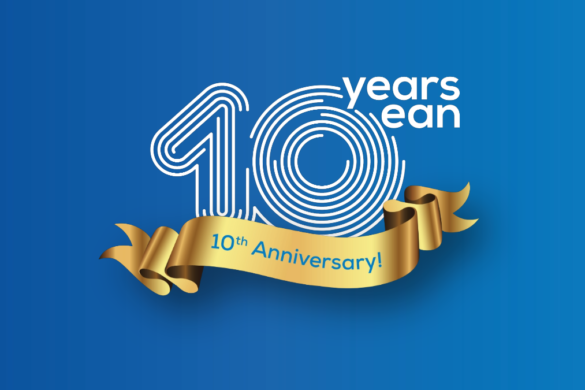by Michael Brainin
The members of the Scientific Committee (SC) at present are:
Michael Brainin (Chair), AT
Claudio Bassetti, CH
Paul Boon, BE
László Csiba, HU
Nils-Erik Gilhus (Congress Programme Committee), NO
Maurizio Leone, IT
Didier Leys, FR
Albert Ludolph, GER
Olivier Rascol, FR
Heinz Reichmann, GER
Antony Schapira, UK
Veronika Skvortsova, RU
Duties:
According to the bylaws of the EFNS and the proposed European Academy of Neurology (EAN) bylaws the SC develops recommendations for policies and activities related to all issues of a scientific nature involving the EAN. Furthermore it is responsible for the activities and maintenance of Subspecialty Scientific Panels (SSP) that cover all major areas of clinical neurology. When overseeing the activities of the SSPs consideration is given to their activities in coordination with clinical research at the European level, to disseminate best neurological practice, to assist the Congress Programme Committee to support training of neurologists and CME as well as to produce scientific guidelines according to the latest scientific knowledge and levels of evidence.
During the last year the EFNS SC has included executive members from the ENS (Professors Bassetti and Reichmann) into their committee work, enabling to harmonise the panel/subcommittee work.
In general the SC has commented on a strategy statement for the scheduled Horizon 20/20 call and was supported by members of the Liaison Committee. In this report the need to receive extended support for neurological research was argued and, among other recommendations, the special needs for support of long term prevention issues as well as for projects of natural history observations and genetic registries for clinical neurology were described.
Scientist Panels (SP) and Subcommittees
We have discussed with members of the ENS and their Subcommittee leaders the need to bring together all activities of some congruence and – by merging – increase the power and range of our panel activities. We have encouraged the scientific panels to submit proposals for the forthcoming Istanbul and Berlin Congresses. The support for UEMS was continuing as well as for the UEMS Board exam. For this, various panels worked on developing questions.
The e-Brain project has been supported by providing reviewers and sending reminder letters to the chairs of Scientist Panels together with the e-learning SubCommittee Chairperson, the progress of which will be reported separately by the e-learning SubCommittee.
Currently there are 24 panels in the EFNS and 23 panels (Subcommittees) in the ENS. 17 EFNS panels have counterparts (11 of these groups have merged already with the corresponding ENS Subcommittee) whereas 13 panels/subcommittees remain without a counterpart. In separate correspondences to the panel chairs we have communicated that the ongoing work should not be interrupted, especially the production of guidelines by task forces.
Guidelines
The guideline production group of the EFNS has also liaised with the ENS to include now also ENS members in order to become the EFNS/ENS Guideline Production Group.
With regular teleconferences and meetings at the Vienna office, the flow of work for guidelines is carried forward.
Presently there are 67 guidelines, most of them were published in the two volumes of our Handbooks as well as in the European Journal of Neurology (EJN). The SC has worked on a list of guidelines (GL) to be updated urgently and others that either do not need an update or should not be considered for an update version. Wherever needed, the first authors of the GL were consulted, this process is still ongoing. Currently revisions for several GL are under review and being discussed. A decision will be made in the next weeks and all authors for GL to be updated will be contacted. There are 19 task forces working on the production of GL and 2 GL are currently being reviewed externally.
The Guideline Production Group is advising SPs to aim for the highest possible quality according to the guidance for GL recommendation published in the EJN in January 2013.
The distribution and dissemination of GL is considered an often neglected area. It is therefore suggested to make GL freely accessible to the largest possible audience. In addition, one could argue that restriction for the access could be upheld for the first 3-6 months after publication in the EJN.
Following the success of the previous congress session on guidelines, there will be a special guidelines session at the Joint EFNS-ENS Congress in Istanbul in 2014, and a proposal for another special guidelines session will be made for the first Congress of the EAN in June 2015.
Audit Grant
The international audit of awareness about and compliance to the EFNS/PNS guidelines on chronic inflammatory demyelinating polyneuropathy and multifocal motor neuropathy is under way. A final report by the principal investigator Yusuf A. Rajabally from UK is expected for 2014.
August 2013
Michael Brainin works at the Center of Neuroscience, Danube University Krems, Austria

